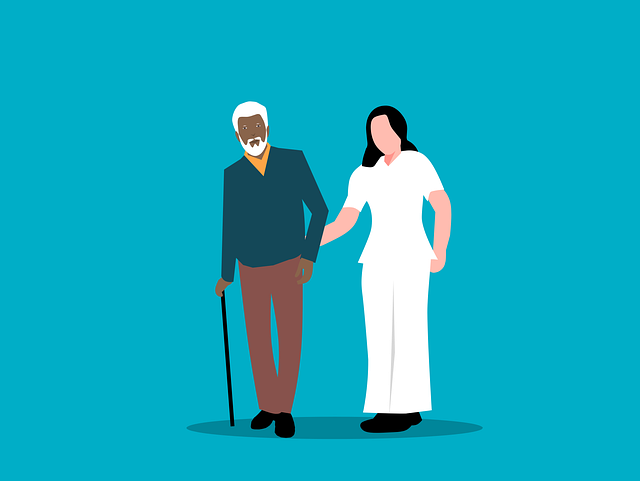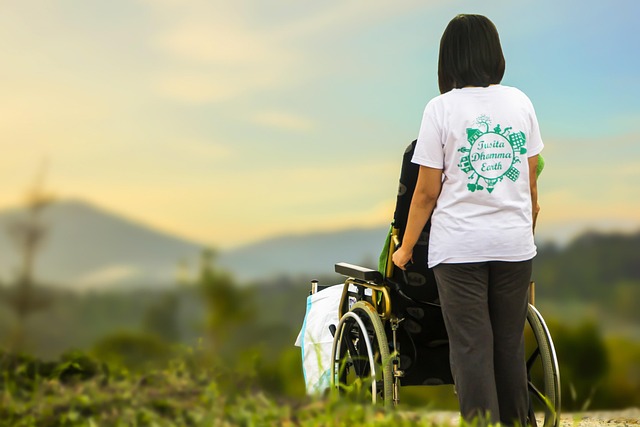Connecticut's law schools offer specialized training for future lawyers addressing elderly abuse cases, focusing on geriatric law, elder rights, and special needs planning. Through rigorous coursework, clinical placements, and simulations, students gain practical experience in identifying and representing seniors facing physical, emotional, or financial exploitation, including cases involving elderly sexual assault attorneys CT. This preparation ensures lawyers are equipped to protect vulnerable seniors from various forms of abuse.
Connecticut schools serve as a vital training ground for future lawyers dedicated to protecting the rights of the elderly. With a growing population of seniors, addressing elderly abuse is crucial. This article explores how CT law schools equip students with legal strategies to combat various forms of abuse, including financial exploitation and, critically, elderly sexual assault. Through clinical programs and real-world internships, students gain hands-on experience advocating for vulnerable elders, ensuring Connecticut’s legal community is prepared to defend its most vulnerable residents.
CT Schools: Training Ground for Elderly Abuse Advocates

Connecticut’s educational institutions serve as a crucial training ground for future lawyers specializing in elderly abuse cases. These schools implement comprehensive programs that equip students with the knowledge and skills to advocate for vulnerable seniors who may be victims of physical, emotional, or financial exploitation. Through rigorous coursework, clinical placements, and simulations, law students gain practical experience in identifying signs of abuse, navigating complex legal systems, and providing legal representation to elderly sexual assault attorneys CT.
The curriculum often includes modules on geriatric law, elder rights, and special needs planning, ensuring that aspiring lawyers understand the unique challenges faced by the aging population. These educational initiatives play a vital role in fostering a generation of advocates who can effectively address the growing issue of elderly abuse, contributing to a safer and more supportive environment for seniors in Connecticut and beyond.
Curricula: Unveiling Legal Strategies Against Abusers

Connecticut’s educational institutions take a comprehensive approach to training future lawyers on elderly abuse, with a significant focus on legal strategies. Their curricula delve into various aspects of elder law, emphasizing protection and justice for the vulnerable population. Students learn about specific laws and regulations aimed at preventing and addressing elderly abuse, including financial exploitation, physical assault, and sexual misconduct—areas where CT’s elderly sexual assault attorneys play a crucial role in advocacy.
Through case studies and simulations, law students engage with real-life scenarios, honing their skills in identifying legal violations and devising effective strategies to hold abusers accountable. This hands-on learning ensures that aspiring lawyers are prepared to navigate the complexities of elderly abuse cases, providing much-needed support to a population often overlooked but desperately in need of protection.
Real-World Experience: Protecting Connecticut's Elders Today

In Connecticut, schools are not just educating future lawyers; they’re preparing them to be advocates for justice and protectors of the vulnerable. One critical aspect of this education involves real-world experience, where law students gain insights into elderly abuse cases—a growing concern in the state. These experiences often include internships with local legal aid organizations or district attorneys’ offices, where students can work directly with elderly sexual assault attorneys CT to understand the complexities and challenges of such cases.
Through these hands-on opportunities, future lawyers learn about the unique dynamics of elder abuse, including financial exploitation, neglect, and physical or emotional mistreatment. They develop essential skills in investigating, documenting, and presenting cases, ensuring that Connecticut’s elders receive the protection they deserve. This real-world exposure not only enhances their legal knowledge but also fosters a deeper sense of responsibility to serve and defend the most vulnerable members of society.






